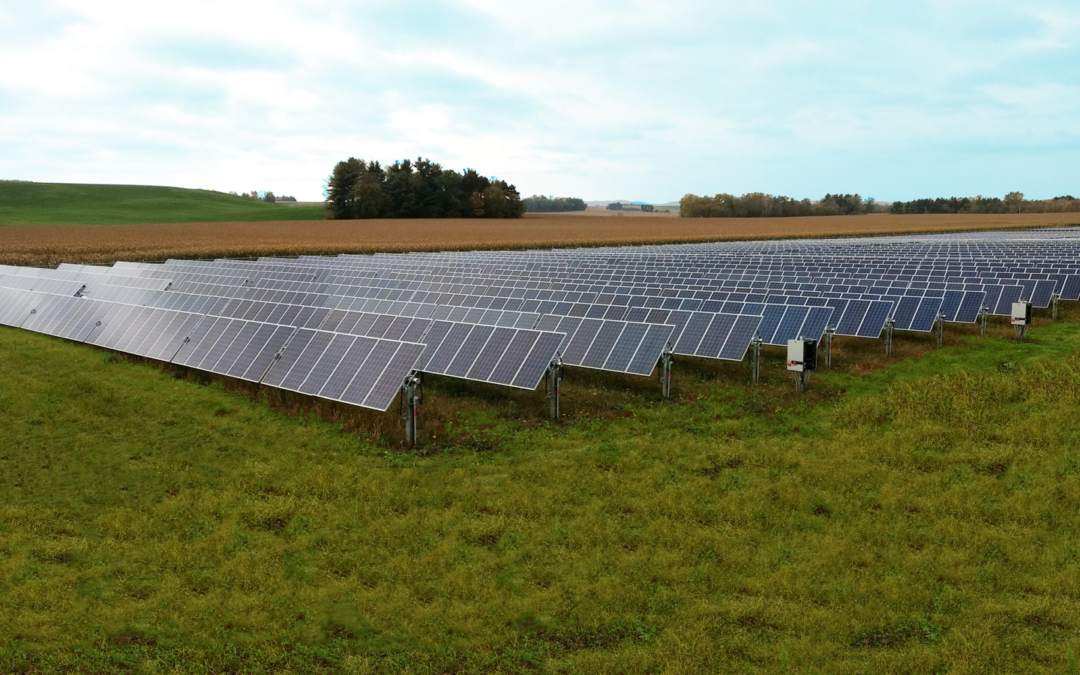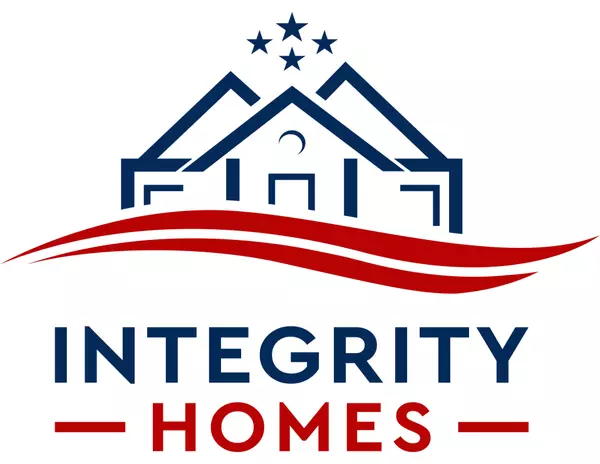Unlocking Solar Potential in Wisconsin: Navigating Challenges and Opportunities with $62 Million Federal Grant
Wisconsin is set to receive a $62 million grant from the Biden administration through the Solar for All initiative, funded by the Inflation Reduction Act, to support the installation of solar power in residential and community projects. This federal initiative aims to make solar energy more accessible, particularly to low- and moderate-income households, and is part of a nationwide effort to develop solar projects for over 900,000 homes.
Francisco Sayu, vice president of productivity and sustainability at the Wisconsin Economic Development Corporation (WEDC), expressed optimism about the positive impact of this initiative on Wisconsin residents. The WEDC, which secured the grant, had originally applied for $100 million to fund solar projects on single-family and multi-family homes, as well as small-scale community solar gardens that residents can subscribe to.
Despite the substantial funding, the implementation faces legal and regulatory challenges. Current state law only allows utility companies to sell electricity, which complicates the potential for community and multi-family solar projects where third parties might manage the installations. These projects are not yet widespread in Wisconsin due to these regulatory barriers and the higher cost structure of utility-managed solar programs, where subscribers typically pay a premium.

Community solar, typically ranging from 1-5 megawatts and covering up to 30 acres, allows community members to subscribe to the solar array. This is particularly beneficial for renters or those whose homes are unsuitable for individual solar installations. However, changes in state policy may be necessary to fully utilize the federal funds, as existing laws limit the development of third-party managed solar projects.
The Wisconsin Public Service Commission is currently reconsidering its policy requiring individual electric meters for each unit in multi-family buildings, which has been a significant financial hurdle for developers aiming to implement building-wide solar energy solutions. The reevaluation comes amid increasing requests for waivers to allow more centralized energy systems in such properties.
Moreover, as stakeholders and state officials finalize the grant planning, there are ongoing discussions about how to effectively design programs within the existing legal framework to maximize customer savings and expand access to solar power, without necessitating new legislation.
The grant is part of a broader federal effort to enhance energy efficiency and renewable energy adoption across the country, particularly in communities historically marginalized or underserved by energy investments. This initiative also aligns with the Biden administration’s Justice40 goal, which mandates that 40% of the benefits from federal climate programs go to disadvantaged communities.
Follow our blog as we will dive into the more of the pros and cons for consumers with solar this week.
Categories
- All Blogs (201)
- All Things Waunakee (7)
- Benefits (7)
- Communities (12)
- Decorating (7)
- Deployment (2)
- Easements (3)
- Energy Efficiency (4)
- First-Time Homebuyers (22)
- Home Inspection (1)
- Home Maintenance (1)
- Home Selling (19)
- Home Value (13)
- Homes for Heroes (8)
- Housing Assitance (7)
- Interest Rates (5)
- Market Trends (62)
- VA Loans (5)
- Veterans (8)
- Waunakee Housing Market (2)
- Well, Water, Septic Systems (4)
Recent Posts










GET MORE INFORMATION

